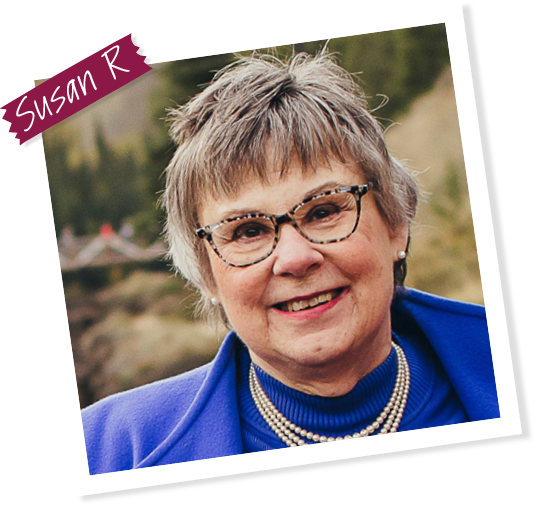Susan R, caring for her husband
 I have been caring for my husband, Andrew, with Alzheimer’s for the past 10 years. Andrew was a physician specialized in hematology and internal medicine and I worked in the healthcare field, from the frontline to policy work. For the last 12 year, I have been doing accounting and tax consulting for small businesses and entrepreneurs in First Nations communities. It has been a very rewarding experience.
I have been caring for my husband, Andrew, with Alzheimer’s for the past 10 years. Andrew was a physician specialized in hematology and internal medicine and I worked in the healthcare field, from the frontline to policy work. For the last 12 year, I have been doing accounting and tax consulting for small businesses and entrepreneurs in First Nations communities. It has been a very rewarding experience.
My caregiving roles in the beginning included making his appointments, making sure he was eating well and was active, and managing the home care staff that would come to help him. As his disease progressed, he began interpreting instructions incorrectly and needed more and more oversight. He got lost driving and became fearful of it, so I took on all the home tasks and the driving after that.
Andrew rose to the challenge when he got his diagnosis, and quickly began reading books and articles on his condition. Living in a remote part of Northern Canada, Whitehorse Yukon, there weren’t many resources readily available to us, but my professional background made me an avid researcher, so I began looking for resources for both my husband as a patient and myself as a caregiver. We were so frustrated by the lack of resources in our area. There was no guidance on what to expect as his disease progressed, no support groups or programs. This would be frustrating for Andrew and he would often say, “I’m about to go through the hardest time of my life and I don’t have a support group.” Fortunately, our community was eager to help, so I began arranging for them to take Andrew out for coffee or shopping.
Through our own research we found and attended the National Dementia Strategy Conference where my husband spoke about the lack of resources and the stigma attached to dementia.
There, I was introduced to an online support group of wives whose husbands had the same condition and this became my outlet for sharing my daily experiences with caregiving to people who understood, it was my greatest emotional release. During COVID-19 I was also able to connect my husband to a virtual support group that he would never have been able to engage with and I was happy it was providing some support.
His disease progressed much quicker as time went by. I was watching this brilliant man lose functionality by the day and it was heartbreaking to see him no longer able to hold a conversation. I began feeling so angry and frustrated, but what my support group taught me was that I was grieving the loss of his abilities. Every time he lost another ability, the grieving process would start over. Coupled with this emotional strain, I was dealing with the physical strain of caregiving. I began working less and neglecting my health and my severe abdominal pain. I later found out that this pain was caused by a malignant tumor which made me start going in and out of the hospital.
My husband was sweet, kind and always grateful for everything I did. Caregiving taught me compassion – for him and for myself. This whole journey has been very intense. My husband was my best friend, my rock and my care partner and I lost him. You need help to get through it, so reach out no matter how hard it might be for you and accept the help.
